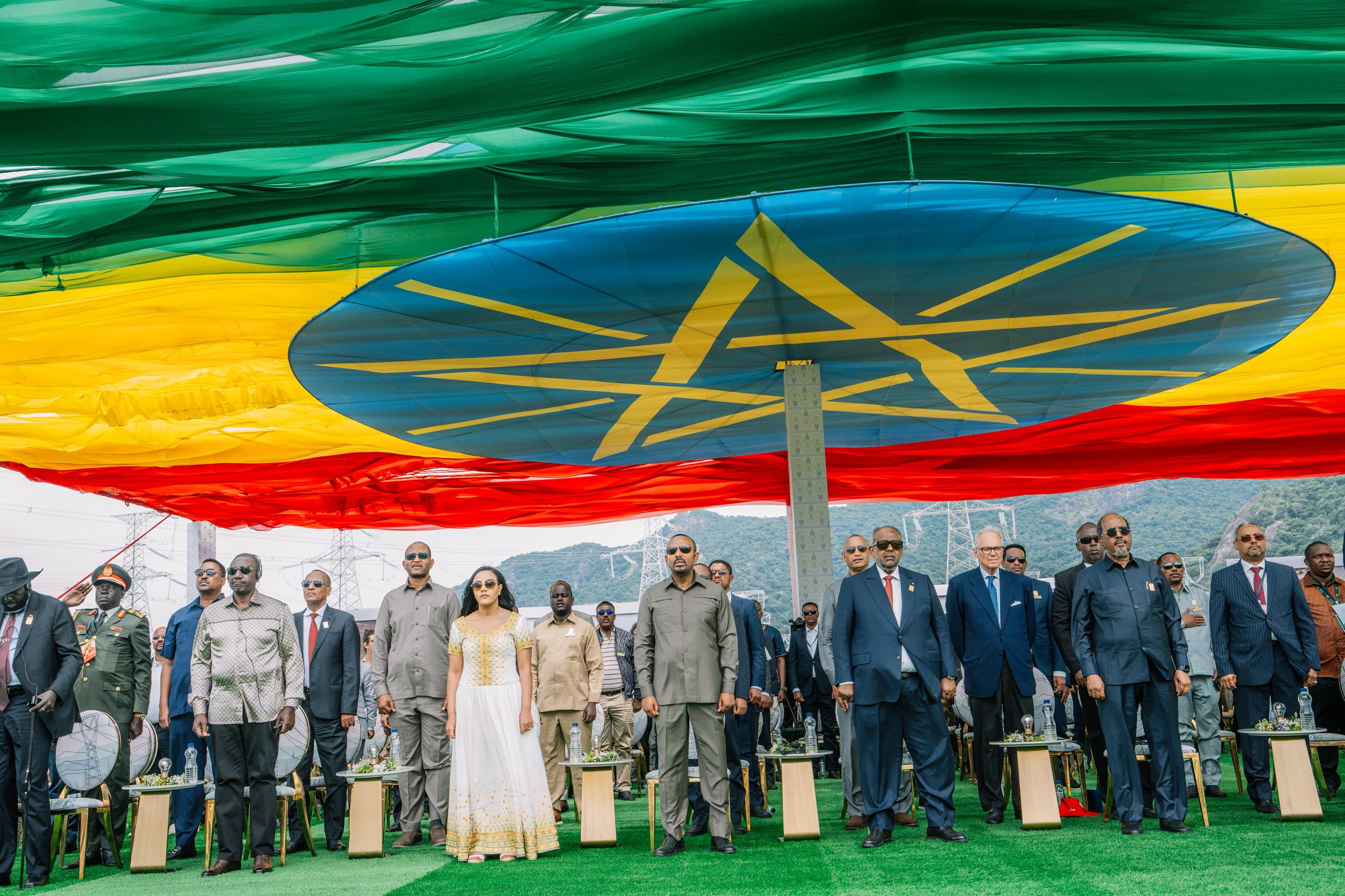Egypt Appeals to UN Security Council Over Ethiopia’s Nile Dam
Egypt Appeals to UN Security Council Over Ethiopia’s Nile Dam
Share
Egypt has taken its long-running dispute with Ethiopia over the Grand Ethiopian Renaissance Dam (GERD) to the United Nations Security Council, filing a formal complaint that accuses Addis Ababa of violating international law and threatening Cairos existential interests in the Nile River.
In a letter submitted on September 9 by Foreign Minister Badr Abdel Ati, Egypt said Ethiopia’s inauguration of the massive hydropower project on the Blue Nile was a unilateral act that produces no legal consequences and contravenes international agreements governing shared watercourses.
The letter stressed that Egypt rejects all unilateral measures on the Nile River and reserves its right to take all measures guaranteed by international law and the United Nations Charter to defend its people.
The GERD, Africas largest hydroelectric dam, was officially launched this week after more than a decade of construction.
Ethiopia argues the project is vital for development, promising electricity to millions and boosting economic growth but downstream nations like Egypt and Sudan have long feared that the reservoirs filling and operation could sharply reduce their access to Nile waters, which Egypt relies on for more than 90 percent of its fresh water supply.
Egypt’s letter accused Ethiopia of adopting intransigent positions in negotiations, imposing a fait accompli and using political motives rather than genuine development needs to justify the dam.
Cairo emphasized that its appeal to the Security Council followed years of utmost restraint and repeated recourse to diplomacy through the African Union and international bodies.
At the heart of the dispute are competing legal narratives.
Egypt and Sudan continue to cite the 1959 Nile Waters Agreement, which allocated most of the rivers flow between them.
Nile Basin Cooperative Framework Agreement
Ethiopia and other upstream states, however, have championed the Nile Basin Cooperative Framework Agreement, which enshrines equitable and reasonable use of the river but has not been signed by Cairo.
Internationally, the 1997 UN Watercourses Convention based on principles of no significant harm and cooperation provides additional guidance, though not all basin states are parties.
Diplomats and Experts
Diplomats say the Security Council is unlikely to take punitive action but may urge renewed talks.
Independent experts suggest that joint data-sharing, technical monitoring, and binding operating rules during drought years remain the most viable path to defuse tensions.
Still, Egypts move highlights the high stakes;the future of the Nile is now firmly on the Security Councils radar.

Post GERD Inauguration Leaders Meeting
PHOTO/PMOEthiopia









